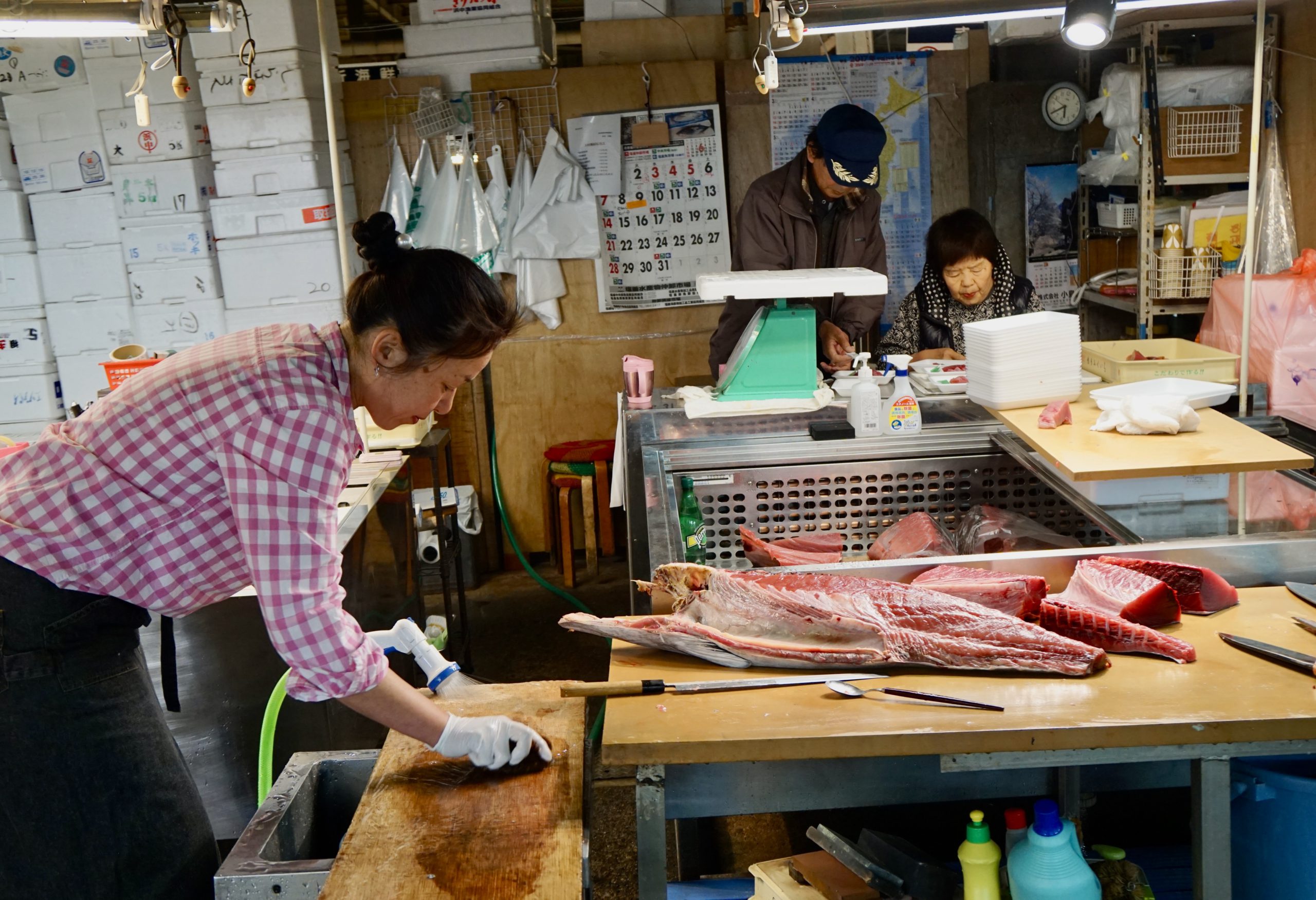According to new research from the 2021 Family Business Survey** 83 per cent of all Australian family businesses have experienced some sort of business family conflict during the last 12 months.
In fact, the survey found the most common source of conflict – experienced by one-third of family businesses – was the difficult task of balancing the needs of the family with the needs of the business. Planning for the future was the second major source of conflict.
According to the 2021 Survey, the average Australian Family Business turns over $22 million in annual revenue and employs over 60 people. The industry’s peak body, Family Business Australia, has found the family business sector worth approximately A$4.3 trillion. Family businesses account for 70 per cent of all businesses, and they employ around half of the country’s workforce.
Family businesses operate under unique circumstances where managerial decisions are often made based on responsibilities toward relatives. These common sources of conflict should be resolved in order to provide effective business management and identify growth opportunities, as well as security for employees.
Top 5 Sources of Conflict experienced in Australian Family Businesses:
- Balancing the needs of the family vs the needs of the business (31 per cent)
- Future vision, goals and strategy of the business (26 per cent)
- Family member communication style (24 per cent)
- Succession-related issues (24 per cent)
- Managing growth (20 per cent)
Kirsten Taylor-Martin, Partner Private Business, Tax & Advisory at Grant Thornton said: “Guided by years of experience and the knowledge of countless family businesses, an independent facilitator can help to establish the structures and forums to address conflict, but more importantly enables families to have open and honest conversations about the direction of the business – generally preventing conflict and resulting in profits. At Grant Thornton we absolutely work with all family members within the business to make sure everyone’s wants and needs are met, and outcomes are aligned with each of the family member’s objectives to the benefit of the whole family.
“As family member communication style is an issue for a quarter of all Australian family businesses, the introduction of independent facilitation eliminates this concern as each member of the family is heard and understood. In addition, professional management can provide expert guidance on succession planning, managing growth and financial stress.”
Other conflict issues that were high on the list include business survival (16 per cent), remuneration of family members (15 per cent), and competence of family members working in the business (15 per cent). Surprisingly – and despite what popular culture portrays – sibling rivalry was ranked the lowest as a source of conflict at only 5 percent, and this low ranking is consistent with the Family Business Survey findings from previous years. Fortunately, 17 per cent of family businesses experienced little or no conflict during the last 12 months, which is heartening considering the constraints felt by the Covid-19 pandemic.
** The Family Business Survey 2021 was produced by Grant Thornton in partnership with Family Business Australia and Family Business New Zealand (FBANZ), and highlights the advantage transition-ready family businesses have as the economy moves toward COVID recovery. Learn more about the Family Business Survey.
